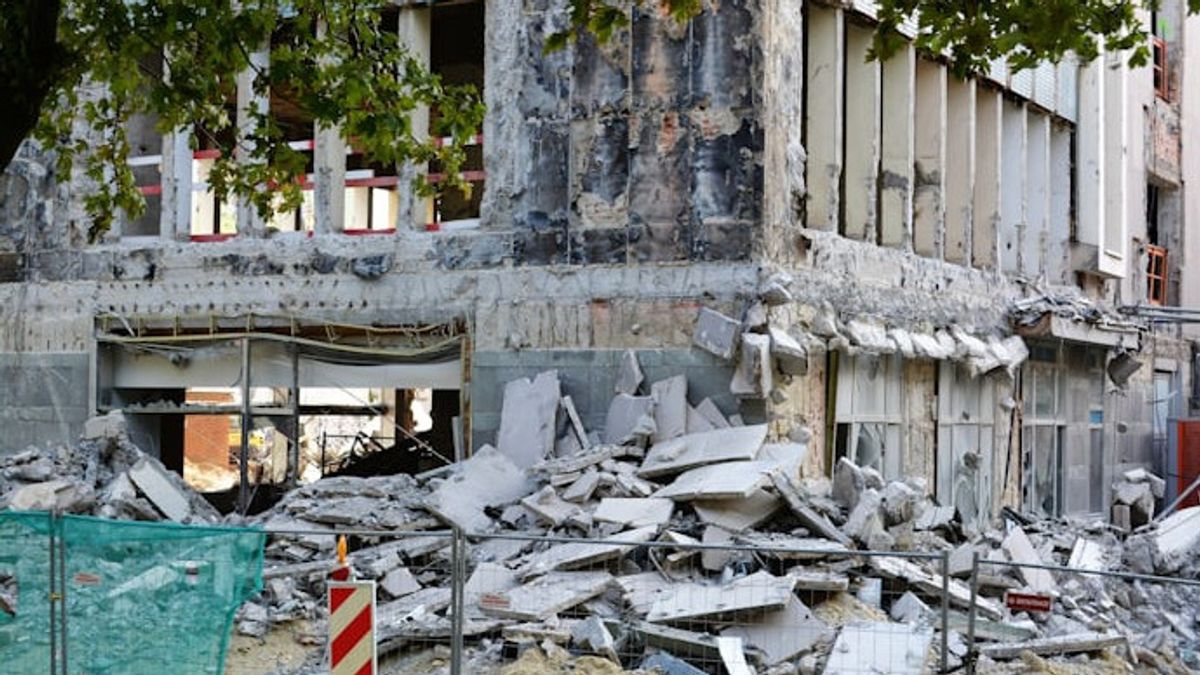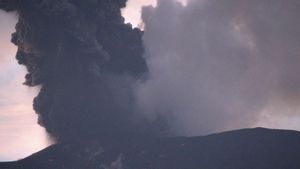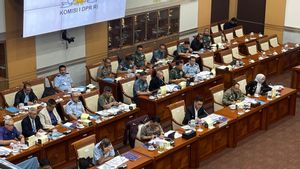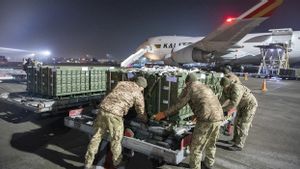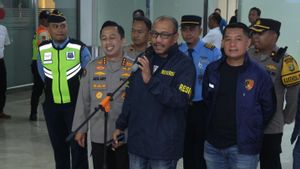JAKARTA - Logistics challenges caused by lack of accommodation and poor road conditions hindered volunteer activities on the Noto Peninsula which was hit by a 7.6 magnitude earthquake last year.
The local government stated that although about 23,000 people had registered as volunteers in Ishikawa Prefecture, only 250 were allowed to help in the northern region of the peninsula most affected every day.
One of the cities in Ishikawa Prefecture, Wajima, on Saturday (10/2) began accepting 40 volunteers entering the city to clean up debris and other jobs. However, some have come to help declare the lack of volunteers in the area.
"I've never heard of just 40 people being allowed in on the first day. Reconstruction work will take a long time in this situation," said 47-year-old professional wrestler Kazukaka Hasegawa.
However, an official from Ishikawa Prefecture asked the public not to do voluntary activities individually to prevent confusion. This is because volunteer work is limited to day trips.
The volunteers will be escorted by bus from the capital Kanazawa to certain areas and because of the water outage, it makes it difficult to spend the night. As a result, volunteers are only able to help about four hours per day.
"We send as many people as the city government needs. They will be difficult if we send more than the required number," the official said.
Responding to the restrictions, the professor at the Graduate School of Human Sciences at Osaka University who specializes in disaster volunteers, Takumi Miyamoto assessed that limiting the scope of work of civil volunteers could not only reduce the motivation of those who came to help but also make areas with limited assistance feel neglected.
SEE ALSO:
"It is important for the public to come and listen to what is needed or said by the victims. There is a need to diversify ways to ask for help, such as the city government asking for its own help, in addition to registration which is currently being carried out through the prefecture," he said.
The earthquake in the New Year on the coast of the Sea of Japan claimed more than 240 lives, sparked fires, and left traces of destruction.
The English, Chinese, Japanese, Arabic, and French versions are automatically generated by the AI. So there may still be inaccuracies in translating, please always see Indonesian as our main language. (system supported by DigitalSiber.id)
